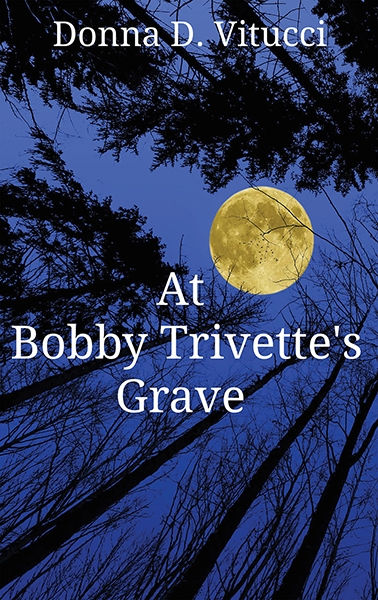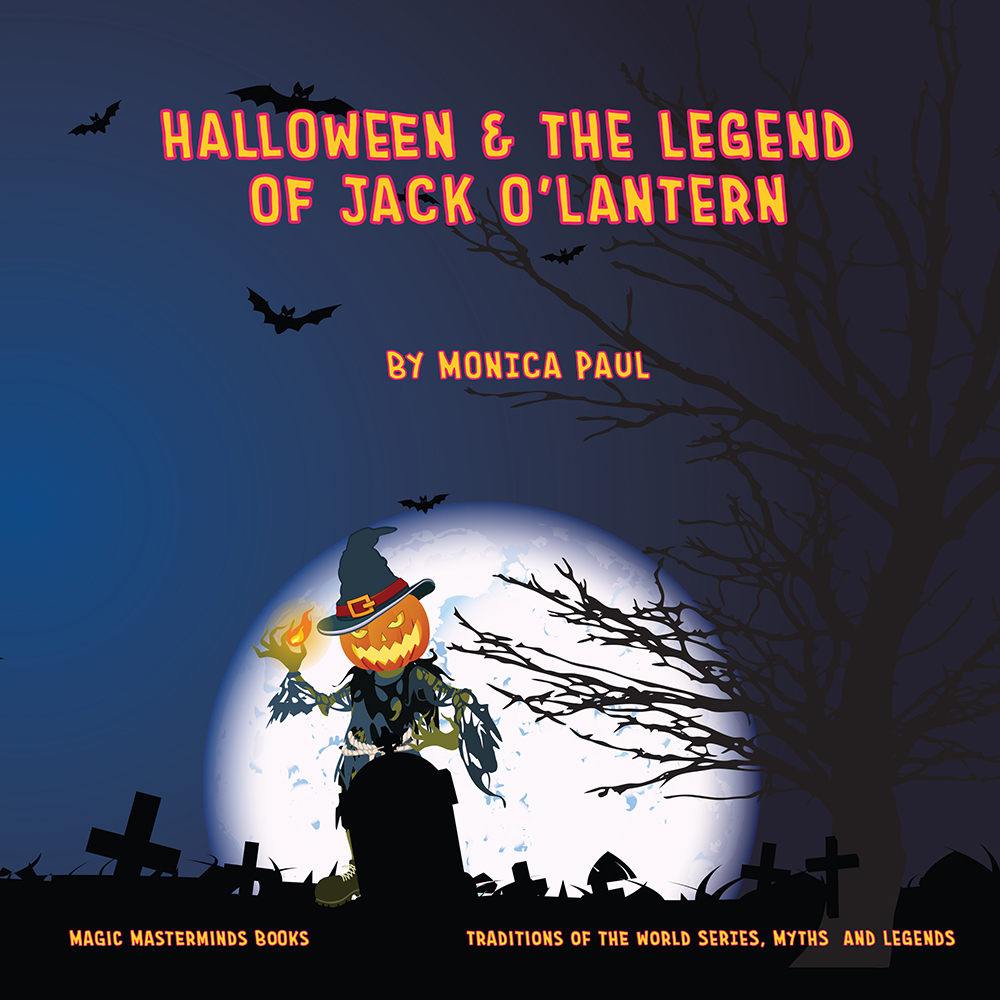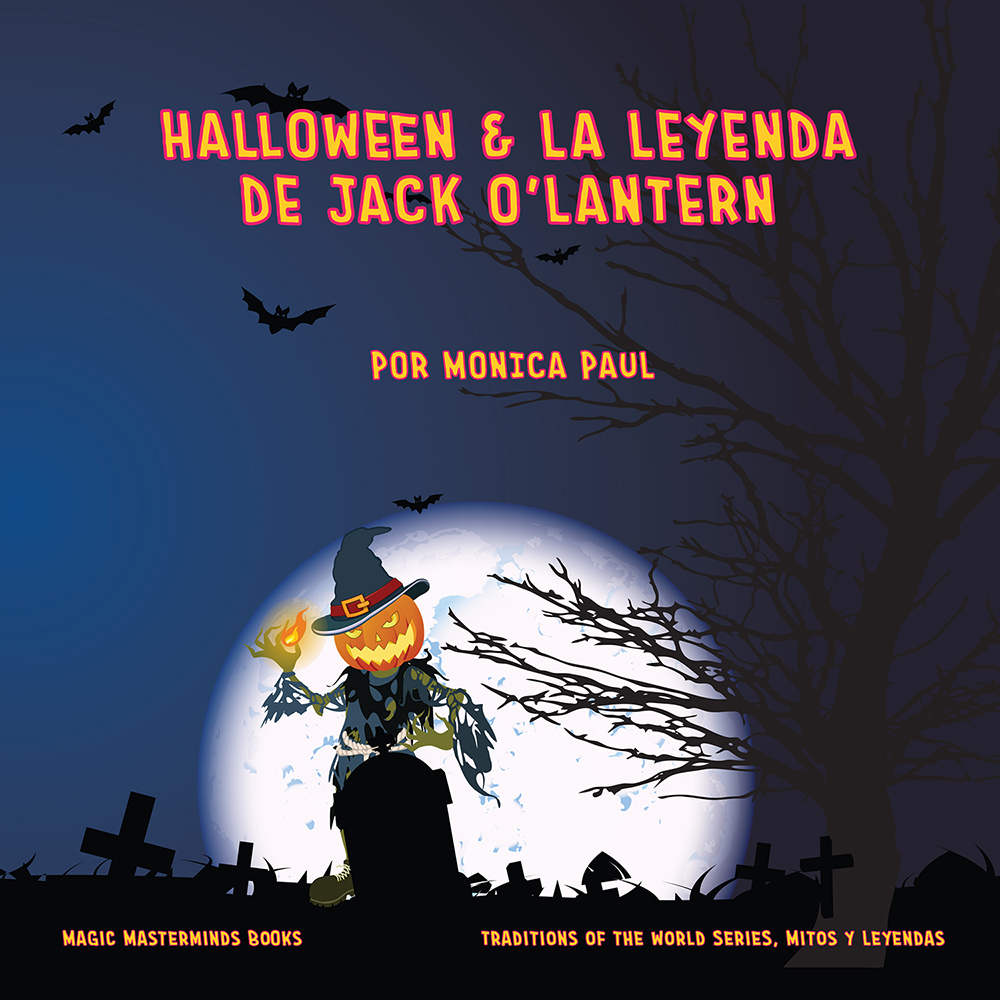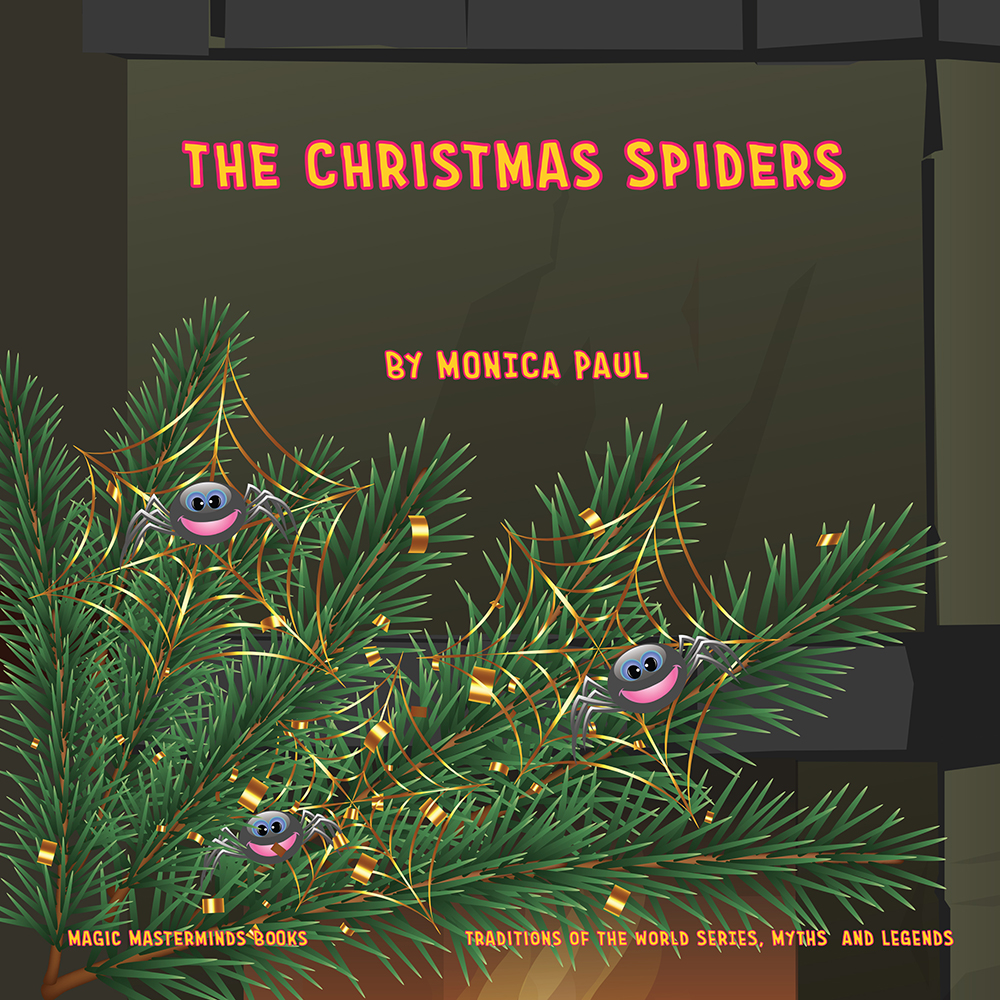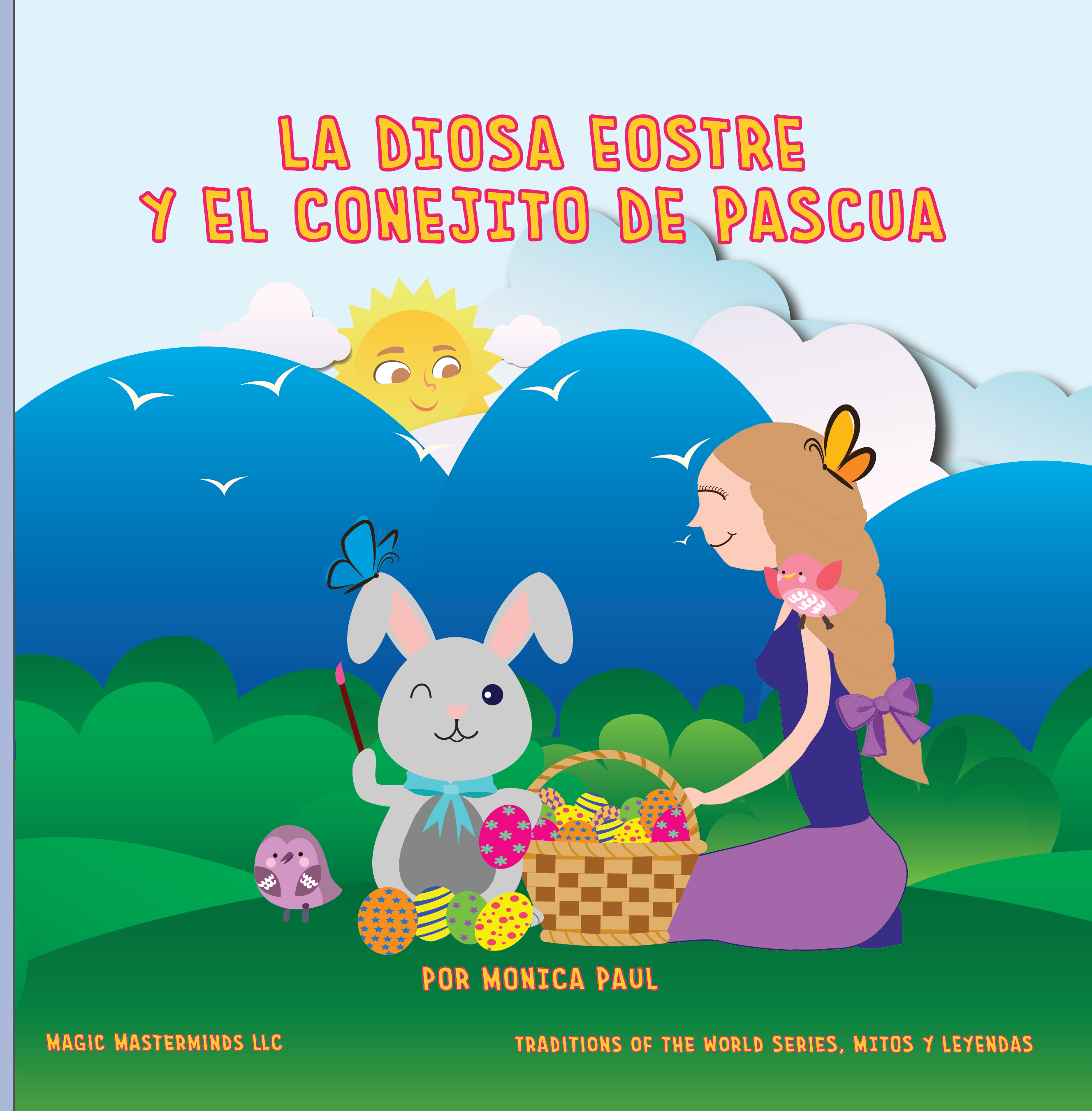Surface Design & Glaze
Difficulty: Intermediate
August 1 – September 15
Mondays @ 6-8pm
At Bobby Trivette’s Grave
Fiction Novel
Category: Family Relationships
Excerpt
When you slam the door shut on your boyfriend’s pleas you don’t expect to never see his beautiful face again. A simple silly argument, you expect to get past it. You expect to love, fight, make up and love more. You’re young and there’s plenty of joy to come. But Bobby Trivette meets with a tragic accident in Kentucky’s back hills, and Dru Ann’s future turns to pure free fall. Her grief spiral sets everyone connected to her evaluating the ones they love and the ways they’ve lived in this small town of Paris, Kentucky, forever in the shadow and the spirit of the Cane Ridge Shrine.
AT BOBBY TRIVETTE’S GRAVE is more than teenage love story, more than starry-eyed DruAnn Finch and born-again Bobby Trivette fumbling through first-love drama. Boy loves girl, boy loses girl, boy dies in truck crash, but Bobby’s streak through the Finch family is only the beginning. His death compels Dru’s mother and father, Bev and Reece, to examine their secrets and past ills as they try to lift their daughter, and themselves, out of the holes of loneliness they’ve dug. Pre-occupied with their own wounds, her parents are little help to DruAnn, who wades through her memories of Bobby, wondering how sweet life can suddenly turn so bitter.
Paris, Kentucky, and Cane Ridge served as backdrop for camp meetings in August, 1801, where thousands congregated for six days of preaching, singing, and swooning to the Holy Spirit. So began the Great Revival, called by some the Second Great Awakening, that swept the country. This fire of the Holy Spirit ignites Bobby’s imagination and his sweet talk. He’s a 21st century Kentucky boy mingling holy rapture with the body’s desires. Bobby and DruAnn’s love soars at Cane Ridge, and it’s at Cane Ridge where Dru turns for solace; or as Bobby might say, salvation.
Chapter 1
Chapter 1
High school hijinks, all this back and forth, the ringing and slamming down of the phone, Bobby Trivette’s souped-up Charger laying rubber in the drive and then the boy disappearing, angry, taking part of the lawn out with his tires when DruAnn wouldn’t skip to his yell of, “DruAnn, come on out here. You know I need you.” And when she didn’t appear, his bellow drubbed down to decent conversation level, “I need you just a minute.” He sounded a little pathetic.
Reece watched from the floor above, with the gauzy drape on his and Bev’s front bedroom window held loosely between his fingers so as not to crimp it with sweat.
“What is it?” Bev whispered, probably still half-dreaming.
“The kids are fighting.”
“Well, your spying won’t change that.” Bev rolled over, opposite to the window, away from him. Nothing new there.
Reece was no voyeur lurking and getting kicks from his daughter’s rotten luck, he just couldn’t sleep. And interested in seeing how the scene he peeked at played out. Might as well watch, he wouldn’t be heavy-lidded anytime soon. Bobby Trivette’s antics made the calm invitation to sleep now near impossible.
Reece saw moonlight on the car’s front grille show off its crazy metal grin as the boy backed out, sped down the street, ignored the STOP sign, gave it gas, geared up, left DruAnn after she’d run inside, after he’d pummelled the door and she refused to answer. He recognized Bobby’s Charger as both classic and familiar.
Even if DruAnn gave Bobby Trivette the minute he begged for, a minute would never be enough. Trying to bully her, he was, and Reece knew his daughter would not bend like a flower to Bobby’s sun. The girl had her mother’s stubborn streak. This Reece confirmed to himself over his mud-black Folger’s and the morning paper. He preferred his coffee strong anyway, but especially so following the 2:00 a.m. drama played out in the driveway, and then the hour or so after of DruAnn’s whimpering to herself and sniffling in the room next door, during which no Finch slept.
Beverly had gotten out of the habit of cooking breakfast. She said black coffee sustained her until lunchtime. What he and Bev saw eye to eye on had been shrinking from the start, but they still shared a taste for morning coffee, thick and chicoried. Reece’s stomach grumbled as it worked on a meager piece of wheat toast and the hard-boiled egg he’d doused with salt before DruAnn came downstairs. He remembered plenty of big family breakfasts that Beverly served up when Dru was little. Scrambled eggs and bacon, French toast or pancakes. But now DruAnn, in typical teenage fashion, was on a perpetual diet of dry lettuce and cottage cheese and little else.
Reece had no doubt that when DruAnn went out with Bobby Trivette, she succumbed to the drive-in’s French fries and maybe even a chocolate malt. How she loved malts. Their trips to the ice cream parlor had been routine, gave this daddy one more way of doting on his daughter.
Because Reece had towered over her, she’d lift her chin, already so opinionated and smart too, somehow aware that eye contact made all the difference, and she’d dig him deep with her surprisingly strong voice. The timbre of it, even at age seven, eight, or ten, hinted at the throaty waver that would later dress up her vocals, and work the bewitching spell that enthralled Bobby Trivette.
Her pipsqueak voice pleaded over and over for a malted during what were then the endless summers of Dru’s childhood. Her “Pretty pretty please, Daddy, with sugar on top?” until he gave in. It didn’t take much: Reece toppled to DruAnn just as DruAnn collapsed before French fries.
And now she had Bobby toppling, too.
Reece watched her sit at the table as she stirred frozen berries into a plain yogurt. His and Bev’s eyes met over their girl’s sleep-mussed hair, Bev boring into him with her usual stare that telegraphed, “Don’t say anything that’ll set Dru off.” Such nose-in-the air superiority rankled Reece because he didn’t need to be told how to step lightly around his daughter. Bev acted like she was the only one able to tune into Dru.
Well, then Reece would break open the subject they were all avoiding, if for no other reason than to spite Bev.
“Strong boy acting all girl-like.” He sucked the taste of coffee through his teeth. He shook his head. “Boy curling up like a worm in the driveway, making a public spectacle for all to see. It’s not right, hon.”
DruAnn’s face flushed the pre-crying pink Reece knew well. A fair girl, her emotions boiled close to the surface. If Bobby entertained thoughts about tying the knot with her some future day, the boy’d have a good indicator of DruAnn’s state of mind, and his odds of reception or rejection, just by noting her coloring. He made a mental note to clue the boy in because Reece expected this would soon blow over, whatever spat had bubbled up between those two, and Bobby’d be on the premises again by the next weekend.
“You’re not blaming me, are you, Daddy? Because nobody’s making Bobby act any sort of way. He chooses the fool he wants to be.”
Her lashes darkened with the tears Reece predicted.
“Don’t upset her,” Beverly told him.
“Me?” In his house, Reece was outnumbered and Bobby Trivette was hardly worth fighting over.
Not the first breakup they’d weathered in these last ten months.
DruAnn’s temper seemed to guarantee at least a monthly conflict, the girl hard to please and Bobby just doing his dumb-hearted best to satisfy her.
Which was good enough half the time. The kids had been dating since December, and Reece kept fortifying his heart to accept Bobby long-term. He didn’t care for the boy muscling in on their daddy-daughter duo, but if it had to happen there were far worse out there than Bobby Trivette.
Besides, without Bobby, DruAnn would be moping, or running with Sarah and Jeanine in one of those girls’ cars, cruising and smoking cigarettes, Reece knew; though when she did, DruAnn chewed spearmint to try to disguise it.
He was wise to the finagling involved in keeping parents in the dark, his own adolescent failings a far sight lower than tobacco.
Snake low, belly on the ground low, in the dirt low.
If his daughter’s worst was sneaking a smoke, and if Bobby’s worst was smoking or drinking or even flirting with another girl, Reece could still grip the boy’s hand and congratulate him as the son-in-law he felt in his bones Bobby was bound to be. Everyone was entitled to keep secret a little to himself, and DruAnn was a girl wanting to draw you all out, every bit. Reece did not let her bore him down to bedrock with her questions, for no good could come of confessing facts that let loose pent-up harm. Bobby’d have to learn it didn’t pay to give over everything.
In his own youth, Reece had pulled the wool over plenty of eyes that watched him close. He did it out of spite and to show he didn’t need surveillance but the bumper evidence summer of ‘78 still and ever haunted him.
His dad was a tough detective, even if his day job was hopping up and down out of a truck, delivering milk as part of the last-leg-home-delivery from Mahlmer’s Dairy. He was always on Reece’s case, an insistent weight pressing in the same way a washerwoman bears her iron down on a cotton shirt, driving on about lawlessness and how it would catch up with a man. You wouldn’t guess an ordinary milkman had so much Dick Tracy in him.
These days everybody got their milk from Kroger or Walmart and had to drive twenty miles to I-75 over at Georgetown, but most did it without complaint.
Paris, Kentucky had nothing but 7-Eleven, where they hiked up the price because they had you over a barrel if you were in there buying milk in the first place. You needed it right then, you forked over the dough.
No one had the luxury of home delivery, cream at the bottle’s top under the paper lid, the quarts in glass and stored in a metal box at the doorstep, ready for children’s cereal or a morning’s cup of coffee.
Reece was no milkman, only a milkman’s son whose fortunes lay in insurance, a hard-to-define subject. His father managed to dismiss the profession because he couldn’t see a concrete thing attached to it – no truck or tool or item produced by manufacturing. Reece tried to meet him halfway.
He said, “All progress rests on the word if and the gamble you’re willing to take.”
“Piss-poor explanation,” his dad said. “Risk-averse flimflam.”
Answering the old man’s questions had never been easy, from present day and casting all the way back to that first cross-examination at seventeen that cut him down to size.
You can’t explain something like that away, son.” His dad, ready to hear an excuse and ready to dismiss it just as quick.
Reece had turned his back a split second after he’d gunned out of the narrow lane behind the Farmer’s Tobacco Warehouse, two blocks from Angilo’s Pizza. Even a one-horse town like Paris had rundown streets, its share of questionable folk – transients, the lawless and plain bums who propped up and perpetuated patches of seaminess the church women worked at eradicating. Former arteries for tobacco commerce had eroded into alleys little used other than for travel-through.
“What were you doing over there, for Christ’s sake?” His dad and his third degree.
After loading pizzas for five hours, Reece was taking a short-cut, in a rush to a girl, to Samantha, who’d promised him something special if he could make it to her by midnight, and his imagination was cooking like the ovens he’d been working all night.
He didn’t see the kid dart from between parked or abandoned cars up and down both sides like stalled traffic. Boy or girl, maybe neither, maybe a dog, dark fur or dark clothes, coyote at the edge of his eye, loping. His foot pushed pedal – which pedal? – the suddenness scared the shit out of him. He wasn’t sure if he hit gas or brake.
“Kids out after midnight got no business.” His father’s misplaced righteousness.
“I wasn’t speeding,” Reece said. “I wasn’t going more than fifteen.”
“Who saw you?”
So his dad was asking for witnesses? Reece shrugged. He didn’t even see what he thought he saw, what he thought he bumped, in that alley. His mother’s cuckoo clock chimed one, two rooms away. Samantha said she’d wait, but she’d probably given up.
“Nobody saw you? Nobody stopped you?”
“Well, I didn’t wait around.” Even to his own ears, Reece sounded whiny and indignant.
Where’s the regret, son? His father didn’t speak. Only he’d mouthed the question so much in the past, Reece had developed telepathy on the subject.
Regret. Reece had been walling it up and heading it off and doing an end-run around it even, since something kissed the front bumper, hummed along the driver’s side panel, tugged the steering wheel right out of his pizza-smelling hands.
Regret, at the same time, coming up through the car’s floor, so it shocked the brake pedal, sent his toes tingling and punching down, STOP, SWITCH, twist the wheel, reverse, cut, gear to drive, gun it. All instinct and reflex, not a whit of consciousness or conscience attached. He didn’t remember driving home, but the car cooled in the garage like a well-ridden horse.
He faced-up his dad, ready for meltdown, curses, maybe even the strap. But cool, man, Reece had been ice, ready to take it, whatever it was, and his dad ate up his boy’s calm. The house, and his dad’s response, were both eerily quiet.
Puzzling that once Reece hinted at some kind of confession, his dad swept it under the rug. Floodgates inside him readied to burst with the adrenaline that surged and pooled. He was sweating, he was going to cry, he might even piss his pants.
“Let’s check out the Charger.” His dad turned his back on the regret he’d just demanded. Silently or with words, his method had the same intent: To ruffle Reece, to batter-ram him if he had to, to take him down where he stood and gloat over how easy it had been. Reece, frozen and awash in regret, didn’t know how to get rid of it.
His father slapped him across the face, which helped some.
“The fear that’s rising up in you, pinch it off right now. No time for it.” His dad was a fickle son-of-a-bitch.
They slipped out the kitchen to the attached garage. The door’s spring screeched loud enough, but Mother, she slept through. And what bumped in the night, could be dead or dying or off in the woods licking its wounds. It could be animal, vegetable, mineral. Maybe somebody threw a stone or a piece of log, a two by four, dumpster garbage. It didn’t have to be alive, so it didn’t have to be dead.
“The Charger’s headlight’s busted.”
“I’ll pay for it.”
“You bet you will.” His dad sucked air through his teeth, whistled. “And there’s blood.”
Reece’s stomach curdled, all those belly juices working overtime on the crust and sauce and dregs of pizza from the late supper he’d stuffed down at Angilo’s between turning the pies and racking them in the oven. His legs went AWOL and he had to lean against the car to keep standing. Tears beat at the toughness he strove for.
“No use crying over spilled milk.” That, from a milkman. “Man’s got to face the consequences of his accident.”
“You mean actions.”
“I mean accident.” He couldn’t have made accident sound more iffy.
“I wasn’t drinking,” Reece said. An unopened six-pack he’d swiped from Angilo’s refrigerated case was turning lukewarm under the front seat.
Shit, he’d been just a kid then and instead of taking the car keys, or beating him senseless or tearing him verbally up one side and down the other, or calling the police, his dad had cast him in an absurd play that exacted no revenge and demanded no contrition, peppered him with skewed questions that never got to the heart of the accident. Which it was, an accident. Unexplained and unexamined results chewed at Reece from the inside. They covered it up. And the law never came.
All that supposing, with no concrete answers. Criminal or not, twenty years later, he still couldn’t say.
Just days after the accident, he’d already changed so much his friends shook their heads as they drifted and gave him distance. Reece, he’s gone loony, man.
He didn’t call Samantha or give a reason why he’d dropped her. Once, she’d isolated him in a Stolefield High stairwell after school, grabbed his arm and he just shook her off.
He quit Angilo’s without giving fair notice to the old guy, went in, said, “I’ve got to be out of here, man,” and never breathed the carryout’s garlicky air again. He gave up eating pizza, and for a while forfeited beer, but repentance had to stop somewhere. All of this a contrived payback to the universe, and even the contrivance, which he meant as some sort of penance, made him feel better than he thought he deserved.
He avoided the warehouse alley and its double-parked cars, though news reports covered no mysterious hit-and-run. Had there not been blood on the headlight, and if his own father hadn’t discovered it, Reece half believed his imagination, revving and distracted on his way to Samantha, had overwrought itself and had conjured it, all dream.
Giving up things he loved felt right, well it made him feel at least, and he ran full-tilt into a life stripped of all a seventeen-year-old thinks he needs. He quit hunting and hanging with friends at the outlet stores in Georgetown.
He worked on the Charger night and day, perfecting, in his mind, small imperfections that couldn’t be buffed out. He swallowed cheap beer in the quiet of his dad’s garage on weekend nights instead of cruising in the gorgeous automobile he babied, the car ticking of its own accord, and the bare overhead bulb sizzling now and then with the threat of giving up.
The chamois in his hand felt like a portion of skin he’d somehow peeled off his own person, then folded up and put to work, his pound of flesh.
He paid attention in classes, another hair shirt, part of his transformation, became a straight-A student, surprising his parents and astonishing his Stolefield teachers.
Two houses down the road, Beverly Cummings and her friends tossed flags into the air, working on their timing for the next big halftime show. Red squares of cloth flapped and swirled, as if the girls tossed and caught fire with their pretty hands in their lily-white gloves. Members of the Flag Corp and Beverly, that year’s Drum Majorette of Stolefield High. Bev, a girl he’d hardly spoken with, despite seventeen years of growing up near one another. Distance measured more then.
Bev had a majorette’s figure she worked hard on achieving and then keeping. Carrying and birthing DruAnn ruined her, she said, but Bev managed to gain back her trimness. Being twenty-one made it hard work, not like when she’d been fifteen and jumping rope so carefree. She said pregnancy possessed her like some sci-fi alien and destroyed her.
“Swear you’ll not touch me that way or put me through that ever again,” she’d said.
Silly thing to promise, sillier to stick to. But he did, thinking time would soften her stubbornness. His outright begging, drunk or sober, mattered not a whit. The bed they shared was for sleeping. This he accepted, the way a yard dog is quick to learn the length of his tie-out. No use choking over it. Reece learned to live with what was in reach.
He brushed by Bev with his breakfast dishes and when she stepped aside to make room for him, the perfume of the fabric softener she used mixed with her skin’s and heavied the slip of air between them. Reece’s heart momentarily swam back to the boy he’d been and to Bev’s younger self, then just as quickly drawn up like a fish in a net, with the water running off and dying setting in. The dishwater’s soap bubbles engaged Bev more deeply than the heat of his legs next to hers.
Evenness, equality, a common ground – they’d had this once, but now they didn’t seem to be in the same room without one or the other ceding space and retreating.
Her eyes focused outdoors on the backyard bird feeder, that window above the sink drawing her attention instead of Reece, living and breathing right beside her, which just proved the extent of the disintegration they lived with.
But DruAnn, even mooning over Bobby, she livened up their dull Finch party. Dru was their touchstone, where the two halves of their figure eight intersected and then veered off again. From the day of her birth, DruAnn fascinated and occupied Reece. The fact of her in their world, how he and Bev and the house itself shifted to balance and orbit around her, it all outweighed the claim from his stupid past.
Not to say that his memory wasn’t always threatening to pounce and demand wrestling from him. All those alley characters hidden but observant behind the dark glass of parked cars or the shattered windshields of the few burned-out clunkers, they haunted him. Reece, through the years, learned you couldn’t outrun what goes bump in the night, what you missed because your head was turned or you were fiddling with the volume on the radio.
You couldn’t outrun it because it was burned up in your eyelids. Asleep or awake, it was your vision.
As he’d poured everything into the Charger and walked through the world a passionless robot of a boy, Reece, as a father himself, worked at DruAnn. The kind of life he made, he did it for her. He funnelled his achievements in her direction, even the laughable insurance kudos handed down from the central office. He gave her everything. Why not say it? He spoiled her. He polished her almost and she’d turned out a beauty.
Cars, girls – guys talked about them the same. Ain’t she a beaut, a babe, a sweet ride?
A cliché, how girls thought boys fawned over their cars in the very way the girls wished they, too, would be fawned over. But this was different and weird. DruAnn was Reece’s baby, and now she was riding around in Bobby Trivette’s Charger, as if the classic car itself had u-turned down Memory Lane to prod Reece the way a boy pokes a stick at a piece of roadkill he finds deteriorating in the gravel.
Other Books You May Like
Subscribe to Our Newsletter
Share with us you name and email, we promise to be respectful and to protect them like a treasure.





